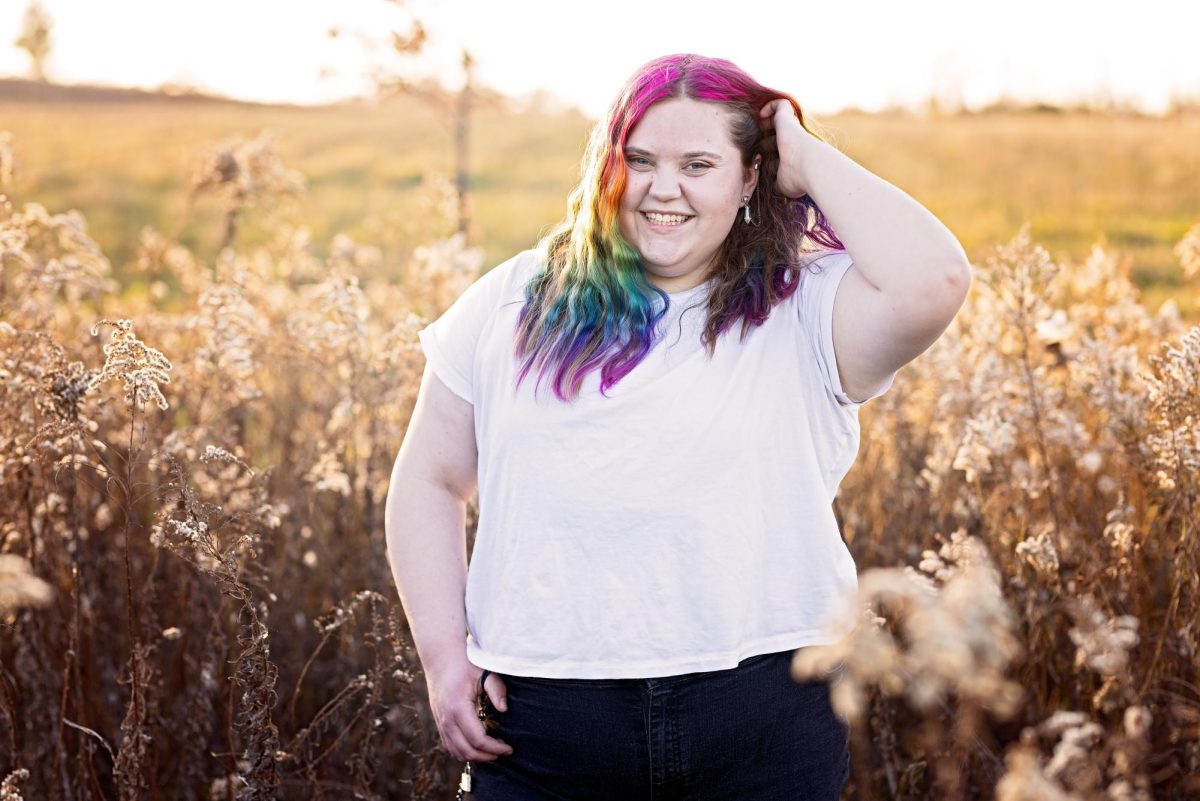In the hallways of our high school, students navigate more than just their physical surroundings; they grapple with the weight of labels and names that shape their identities. From academic achievements to social circles, labels hold immense power, often dictating perceptions and expectations. They set the standard of each individual in a unique way, and oftentimes, it’s hard to break free from the stereotype.
To start off, one might think that each label comes with some sort of societal hierarchy and standard. Names like “popular,” “nerd,” or “athlete” become one’s identity, confining students within predetermined roles. Those labeled as “popular” might enjoy the perks and privileges, but they also hold the burden of maintaining an image that aligns with the preceding standards. On the other hand, students labeled as “nerds” may face seclusion, their intellectual strengths overshadowed by stereotypes. These labels not only shape students’ interactions but also influence their self-perception, most likely fostering confidence or insecurity.
Academic labels have their own set of consequences. Students labeled as “gifted” often receive awards and opportunities, but they may also grapple with the pressure to excel continuously. On the flip side, those deemed “struggling” or “below average” may face stigma and limited academic expectations, starting a cycle of underachievement. The weight of these labels can be suffocating, shaping one’s academic trajectories and, consequently, their future.
Along with that, high school students can often be divided by the activities they participate in. Those who choose to focus on the fine arts are often called the “band kids” or something similar, even though they may also be varsity athletes. Something our school prides itself on is giving kids the ability to participate in a multitude of activities across all genres, and while this might be the case, it doesn’t stop these same kids from losing an opportunity or starting out behind the others because of the preconceived notions that have been placed on them before they have a chance to prove themselves otherwise.
The impact of names and labels extends beyond social circles and classrooms; it also affects mental health and well-being. Students burdened with negative labels may internalize feelings of low self-esteem, leading to anxiety, depression, and decreased confidence. Moreover, the fear of judgment and rejection can prevent students from trying anything new, continuing a cycle of conformity and shying away from one’s individuality. The toll of these invisible labels on mental health emphasizes just how much inclusivity can help or hurt our peers and our own well-being.
It doesn’t require much but the kindness and welcoming of one another to address this problem. Kids, parents, and teachers alike all play a hand in how these labels affect students. It’s important, especially for the adults in our lives, to start pushing us to break the status quo. Without a giant leap of faith, students may never experience something they would love, or learn how to deal with being uncomfortable or new to something.
Overall, the impact of names and labels on high school students cannot be overstressed. From shaping social dynamics to influencing academic trajectories and mental well-being, labels hold immense power in shaping identities and perceptions. By recognizing the weight of these labels and actively working to challenge stereotypes and foster inclusivity, one can create an environment where every student feels empowered to thrive uniquely.









